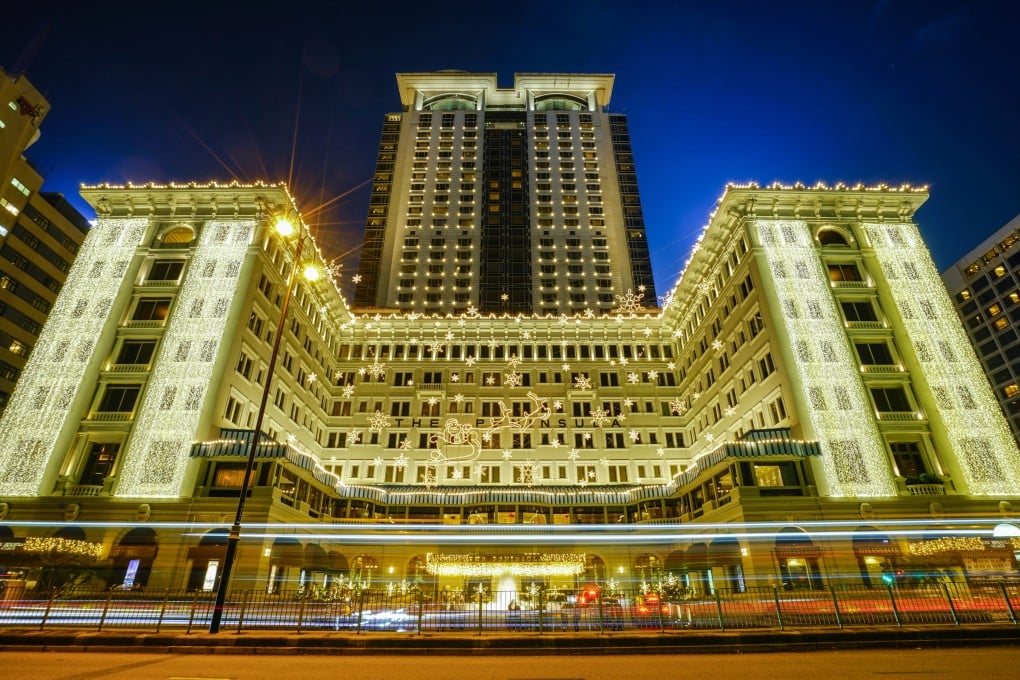Location, talent, cosmopolitanism – why Hong Kong spawned, nurtured luxury hotel chains such as Mandarin Oriental, Shangri-La, The Peninsula
- The Peninsula had it doubters when it opened in 1928 but today it is one of the most recognised luxury hotel chains, and one of several with roots in Hong Kong
- What makes the city a good base for groups such as the Mandarin Oriental and Rosewood? Its deep talent pool, cosmopolitan outlook and status as a financial hub

It may be difficult to imagine now, but when The Peninsula hotel opened in Hong Kong, in 1928, it was laughed off as a white elephant in which nobody would stay. So recalls the late Lawrence Kadoorie, son of the hotel’s founder, Elly Kadoorie, in archive footage belonging to the Hongkong and Shanghai Hotels company.
The Peninsula, of course, proved those naysayers wrong, and its name has gone on to become one of the most recognised hotel brands in the world. As have others that were born in Hong Kong, or now call the city home.
The first overseas Peninsula outpost opened in the Philippines in 1976, and there are now 10 hotels bearing the name in Asia, Europe and the United States. Next year will see Peninsulas open in London, England, and Istanbul, Turkey.

